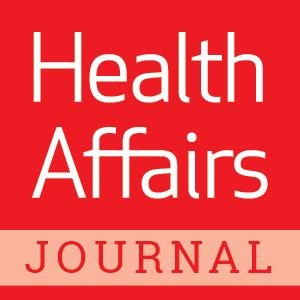
The COVID-19 pandemic offers an opportunity to examine public opinion regarding the allocation of scarce medical resources. In this conjoint experiment on a nationally representative sample of US adults, we examined how a range of patient characteristics affect respondents’ willingness to allocate a ventilator between two patients with equal likelihood of short-term survival and how this differs by respondents’ attributes. Respondents were 5.5 percentage points less likely to allocate a ventilator to a patient with a disability than to a nondisabled patient. Disability bias was correlated with older age cohorts and higher education levels of respondents. Liberal and moderate respondents were more likely to give a ventilator to Black and Asian patients than to White patients. Conservatives were much less likely to allocate a ventilator to transgender patients than to cisgender patients. These findings demonstrate the importance of bias mitigation and civil rights enforcement in health policy making, especially under conditions of scarcity.
from Transgender People https://ift.tt/B8atlkr

















Comments
Post a Comment